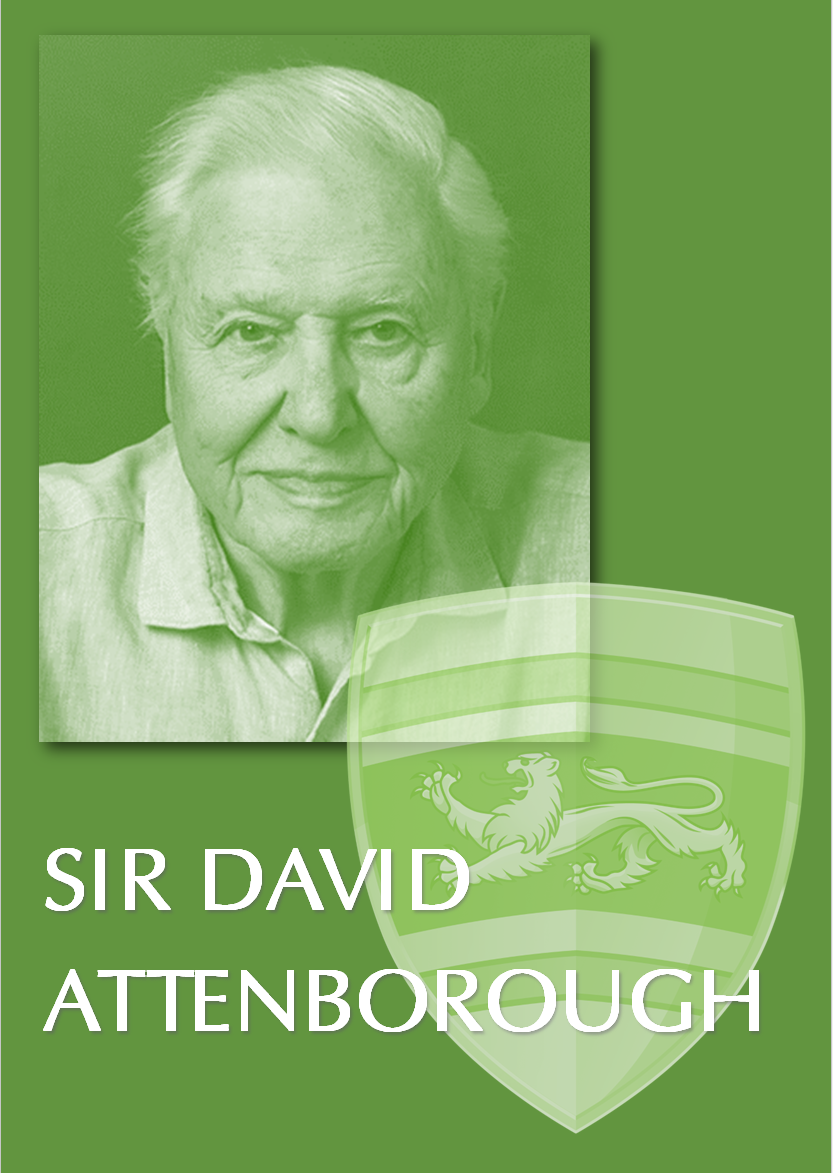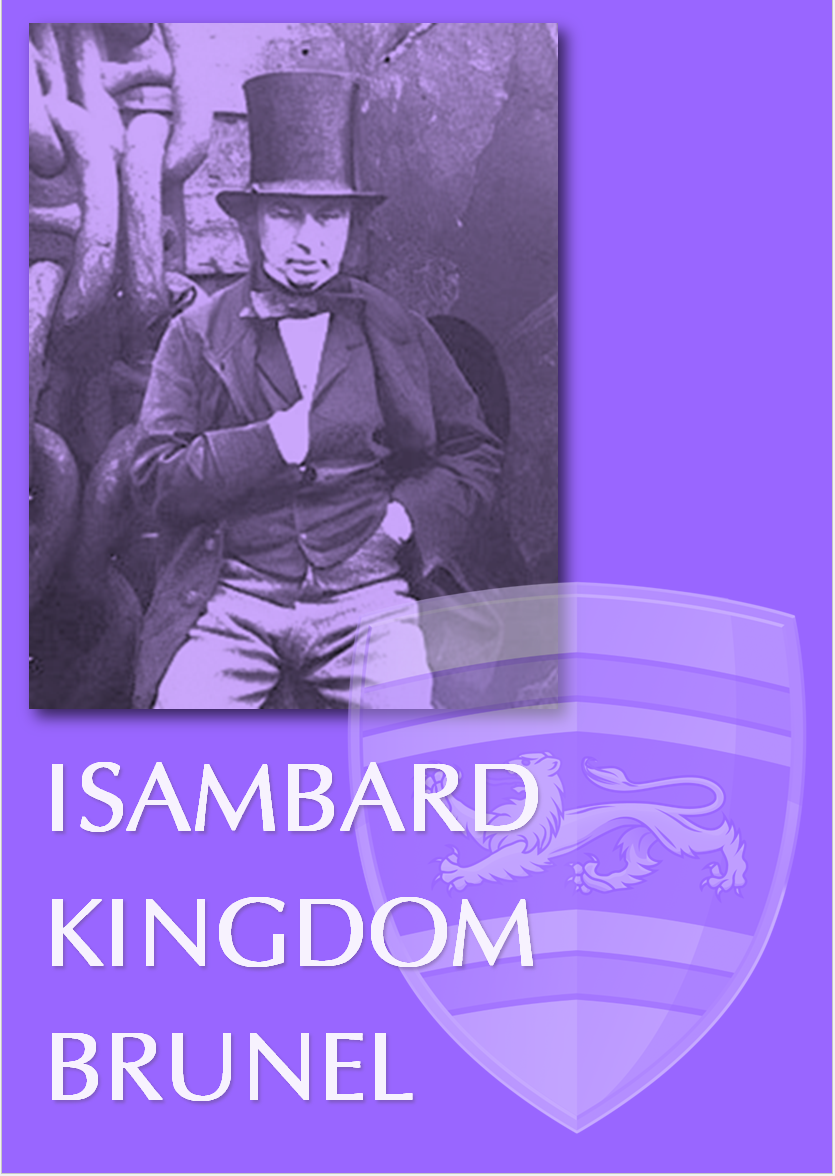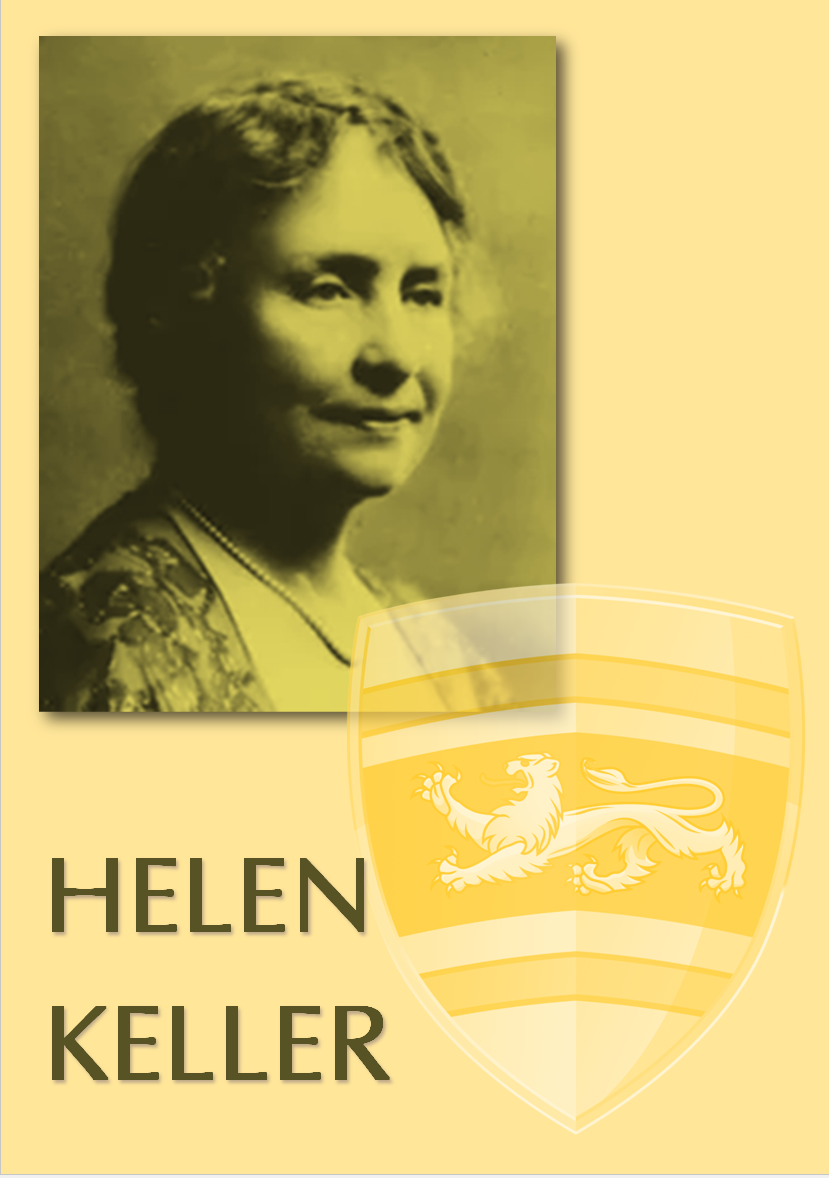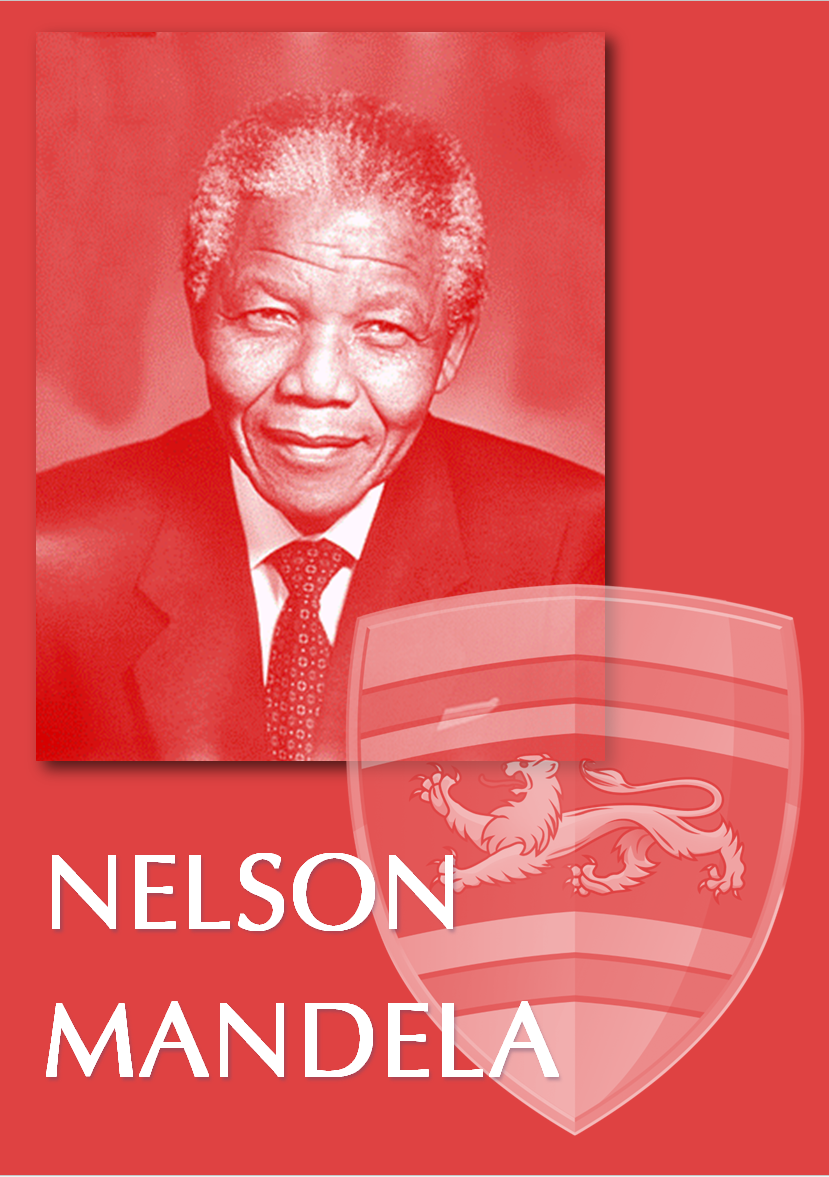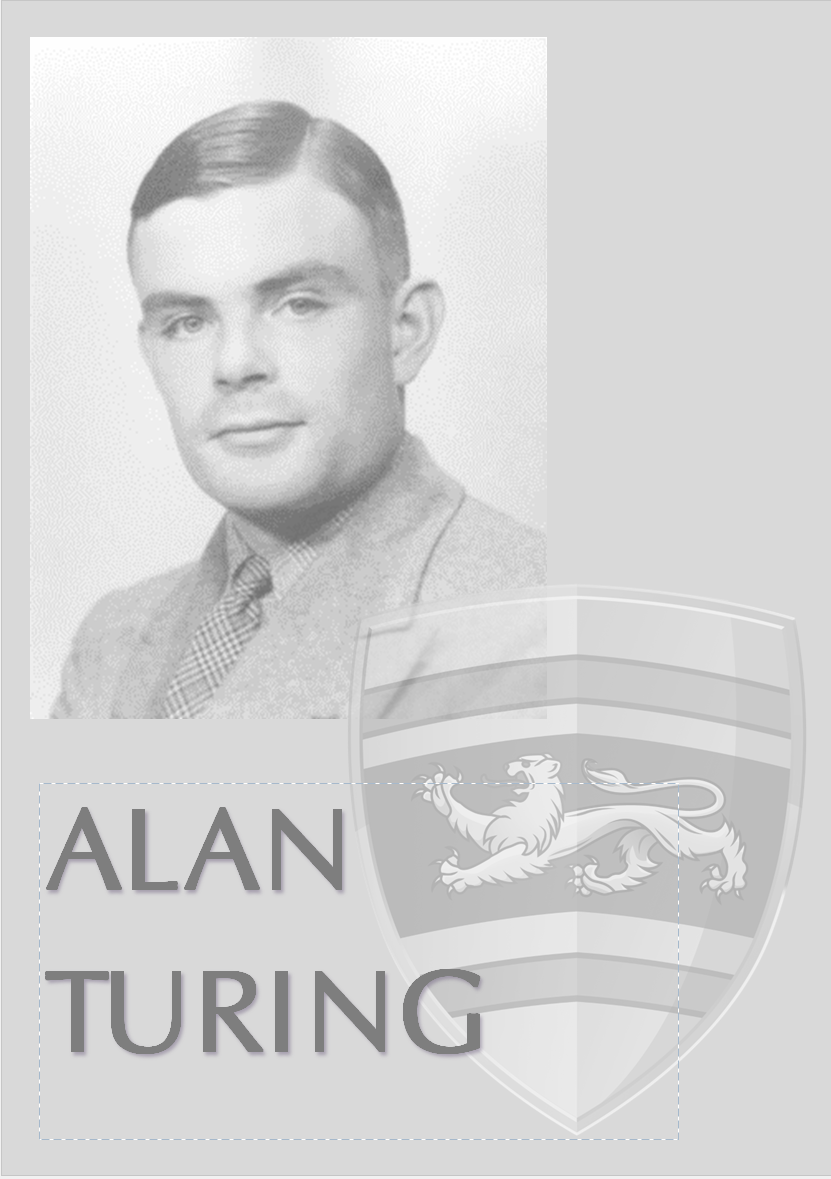WGSB House System
Here at WGSB we have a dynamic House System that promotes a sense of belonging, encourages friendly competition and camaraderie between students, provides opportunities for student leadership, and gives recognition for achievements that reflect the vision and values of the school.
We run an exciting range of house competitions throughout the year, from subject based academic competitions, to sporting and other extracurricular events. All of these encourage our students to perform at their very best individually, work together in teams and compete cheerfully and cooperatively.
Students are rewarded with Academic Merits for exceptional work in lessons and Character Points for demonstrating any of the WGSB PRIDE values:
• Personal Excellence
• Respect
• Innovation & Creativity
• Determination
• Equality For All
Achievement points are accumulated throughout the year, and students who receive the highest numbers of Academic Merits and Character Points are formally recognised at our Academic Awards Evening in September.
Additionally, point totals for Merits, Character Points, House Competitions and Sports Day are calculated at the end of the year, and the winning house receives the prestigious house trophy.
Each house is led by ten House Prefects, two from each form in Years 7-11. These Prefects have a range of responsibilities, from supporting staff at school events, to helping run house competitions, presenting in school assemblies and representing the student voice at house meetings.

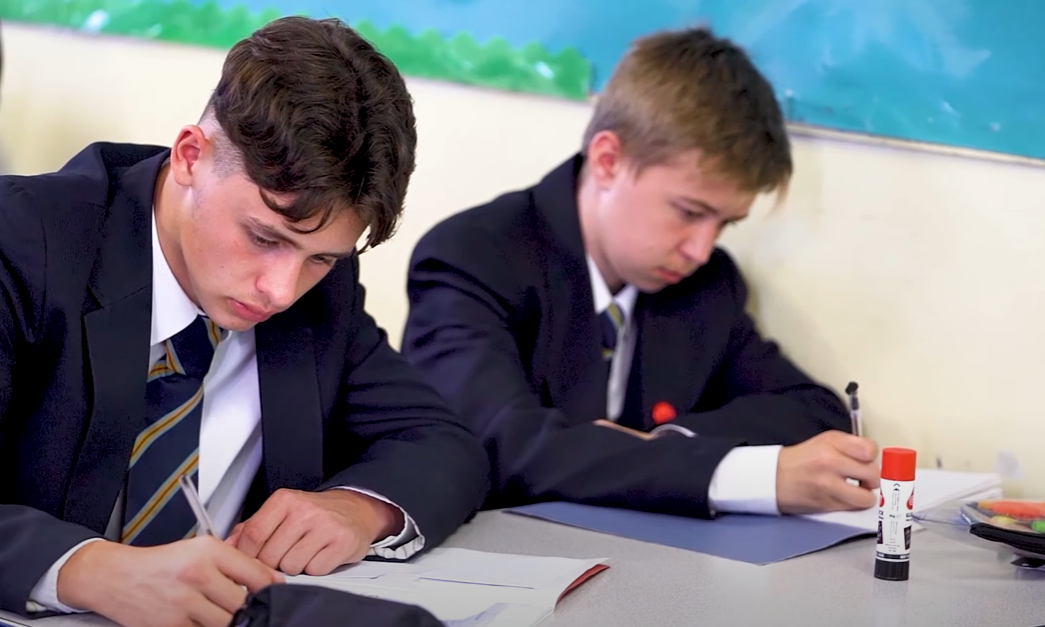
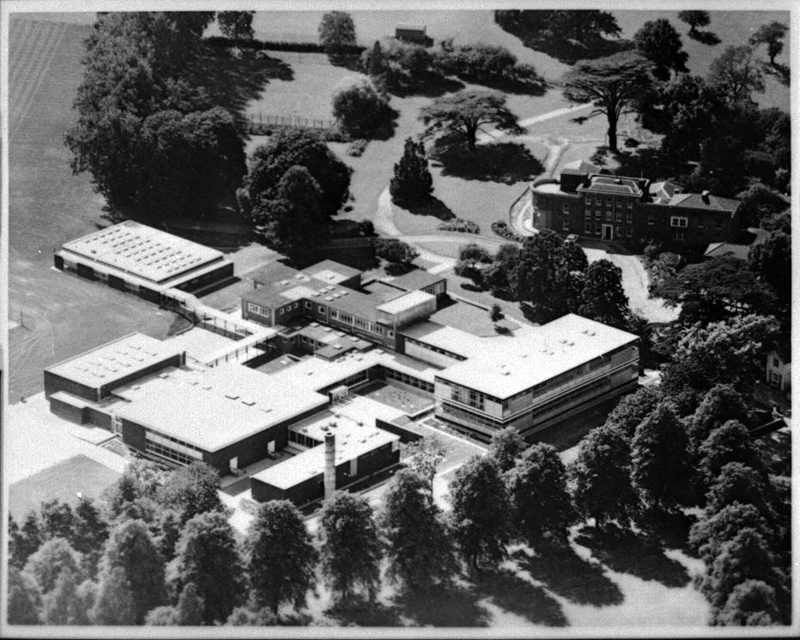
History of the WGSB house system
(House systems originated from boarding schools where students lived in different houses, and each house had a name. As well giving students a strong house identity and sense of belonging, house systems meant there were ready made teams who would participate in competitions between houses. These competitions created opportunities for whole school events that generated excitement throughout the year as the houses battled for first place to win the coveted trophy at the end of each academic year.) What do you think about including this?
At WGSB, the first ever house system was comprised of four houses. WGSB was known as DCTS, ‘Dartford County Technical School’ in those days, and the houses were named ‘Darenth’, ‘Cray’, ‘Thames’ and rather unimaginatively ‘School’ house, using the initial letters of the school’s name. There was a period in the 1990s and early 2000s when all that remained of the system were the names, as there were no competitions as such, however in the mid 2000s, new house names were created, to reflect the engineering status of the school. Brunel, Darwin, Newton, Stevenson, Telford, and later Hawking when the school moved to six form entry, have been the house names since then until this year.
Following consultation with staff, Governors and (most importantly) students, new house names were voted for and announced in March 2024. These new house names better reflect our diverse community, whilst still retaining a connection to the past, as we have kept Brunel as a link to the school’s engineering history.
For more information on the individual houses, please follow the links above
FORWARD THINKING ● TRADITIONAL VALUES
ATTENBOROUGH HOUSE
Sir David Frederick Attenborough (b. 1926) is an English broadcaster, biologist, natural historian, environmentalist and author.
Through his wide-ranging documentaries, he has been bringing the natural world to life on our televisions since the 1950s. His passion for wildlife and enthusiastic presentation style and have created many iconic TV moments that have appealed to viewers not only in the UK but worldwide.
But more than this, he shines a spotlight on environmental issues and the impact of the human race on the planet. He is a highly respected and known figure worldwide and spoke powerfully to world leaders at the COP26 summit in Glasgow in 2021.
During his career he has narrated over 250 episodes of ‘Wildlife on One’ between 1977 and 2005, over 50 episodes of ‘Natural World’, the ‘Life’ Collection of documentaries, and is still working at the age of 98,, producing his most recent documentary ‘Planet Earth III’ in 2023. His legacy is far reaching – there are even species named after him.
Yet despite his achievements, Sir David is known for his humility, always the first to pass the credit to the camera operators, sound mixers, researchers and producers that he works with, and strongly advocating the importance of teamwork.
PERSONAL EXCELLENCE
HEAD OF HOUSE | ||||
Mrs L Wisdom | ||||
HOUSE PREFECTS | ||||
Year 7 | Year 8 | Year 9 | Year 10 | Year 11 |
Dominykas O | Bisesh S | James F | Mitko Y | |
Daniel H | Nonso N | Kyle S | Jotham C |
BRUNEL HOUSE
Isambard Kingdom Brunel, the British Engineer and innovator was considered to be one of the most ingenious figures in engineering history. He designed the SS Great Britain, the world’s first ever propellor driven ocean going iron-hulled ship which was the largest ship ever built when it was launched in 1843. He was also responsible for designing the spectacular Clifton Suspension bridge. He assisted his father in the design and construction of the first ever under tunnel under a river, the Thames Tunnel, and was responsible for the construction of the Great Western Railway.
A true innovator, Isambard Kingdom Brunel’s life’s work demonstrates the value of the application of creative thinking and technical knowledge.
INNOVATION & CREATIVITY
HEAD OF HOUSE | ||||
Mr A Watson | ||||
HOUSE PREFECTS | ||||
Year 7 | Year 8 | Year 9 | Year 10 | Year 11 |
Adam N | Vidit G | Abhishek S | Rahil H | |
Casian C | Jaydon A | Adi J | Rajvir C |
JOHNSON HOUSE
Katherine Johnson (1918-2020) was an American mathematician whose contributions to NASA’s space program played a crucial role in historical space exploration. Born in West Virginia, Johnson faced racial and gender barriers but overcame them through her extraordinary ability in mathematics. In the 1960s, she became a key figure in NASA’s Mercury and Apollo programs, providing essential calculations for trajectories, orbital mechanics, and launch windows.
Notably, Johnson’s calculations were critical to the success of John Glenn’s orbital flight in 1962, making her an unsung hero of the space race. Her work continued to influence further missions, including the Apollo moon landings. Despite the racial and gender prejudices of her time, Johnson’s expertise and perseverance broke barriers for African-American women in science and engineering.
Later in her career, Johnson received overdue recognition for her contributions, including the Presidential Medal of Freedom in 2015.
DETERMINATION
HEAD OF HOUSE | ||||
Ms E Price | ||||
HOUSE PREFECTS | ||||
Year 7 | Year 8 | Year 9 | Year 10 | Year 11 |
Eric M | Anvit T | Ben K | Lucas T | |
Axl C | Conor M | Maherul K | Ankit H |
KELLER HOUSE
Born in Tuscumbia, Alabama, in 1880, Helen Keller faced extraordinary challenges early in life. An illness at the age of 19 months caused her to lose both her sight and hearing. However, through the innovative teaching methods of Anne Sullivan, the dedicated teacher she met at the age of 7, Keller learned to speak, read and write.
Despite her profound impairments, Keller’s achievements were extraordinary. In 1904 she became the first deaf-blind person to earn a bachelor’s degree. Keller’s advocacy for the rights of people with disabilities was groundbreaking. She tirelessly promoted education and equal opportunities, leaving an indelible mark on the disability rights movement.
Keller’s inspirational legacy extends beyond her academic achievements. As an author, lecturer, and political activist, she fearlessly tackled societal issues. Co-founding the American Civil Liberties Union (ACLU), she demonstrated her commitment to justice and equality for all.
EQUALITY FOR ALL
HEAD OF HOUSE | ||||
Mrs N Takeda | ||||
HOUSE PREFECTS | ||||
Year 7 | Year 8 | Year 9 | Year 10 | Year 11 |
Mohammad K | Josh H | Harrison C | Niteesh T | |
Finley H | Jamie C | Josh H | Ahsan A |
MANDELA HOUSE
Nelson Mandela (1918-2013) was a South African anti-apartheid political leader who became an iconic figure in the global struggle for equality and justice. Born in the village of Mvezo, Mandela was initially a lawyer before his involvement in activism against the discriminatory apartheid policies of the South African government.
Mandela’s pivotal role in the African National Congress (ANC) led to his imprisonment for 27 years. Released in 1990, he played a crucial part in dismantling apartheid through negotiations with the government. In 1994, Mandela became South Africa’s first black president, marking the end of institutionalised racial segregation. His presidency focused on social justice and economic growth, earning him international admiration.
Mandela’s impact extends beyond his political achievements. His emphasis on forgiveness and reconciliation demonstrated his commitment to unity in a deeply divided nation. He received numerous honours, including the Nobel Peace Prize in 1993.
RESPECT
HEAD OF HOUSE | ||||
Mr M Baker/ Mr K Powell | ||||
HOUSE PREFECTS | ||||
Year 7 | Year 8 | Year 9 | Year 10 | Year 11 |
Jacob R | Noah Q | Arabee K | Chibudom U | |
Reigardt P | Harshaan C | Zizo A | Shalashyan A |
TURING HOUSE
Alan Turing (1912-1954) was a pioneering British mathematician, logician, and computer scientist whose groundbreaking work laid the foundations for modern computing and artificial intelligence. Born in London, Turing demonstrated exceptional mathematical talent from a young age. During World War II, he played a key role in breaking German codes at the Government Code and Cypher School, contributing significantly to Allied intelligence efforts.
Turing is often described as the father of computer science because of his designs for the Turing machine, a theoretical device that laid the groundwork for the development of actual computers. His post-war work at the University of Manchester involved designing the Manchester Mark 1, one of the earliest stored-program computers.
Despite his immense contributions, Turing’s life was blighted by prejudices. He was persecuted for his homosexuality, which was criminalized in the UK at the time.
Turing died in 1954 at the age of 41, and it wasn’t until years later that his significant contributions to science and computing were fully acknowledged. In 2013, he received a posthumous royal pardon, acknowledging his tremendous legacy.
ALL PRIDE VALUES
HEAD OF HOUSE | ||||
Mr A Smith | ||||
HOUSE PREFECTS | ||||
Year 7 | Year 8 | Year 9 | Year 10 | Year 11 |
Zion I | Samyath S | Iman H | Shrutik G | |
Chikamso E | Amaury N | Phineas C | Ben C |


